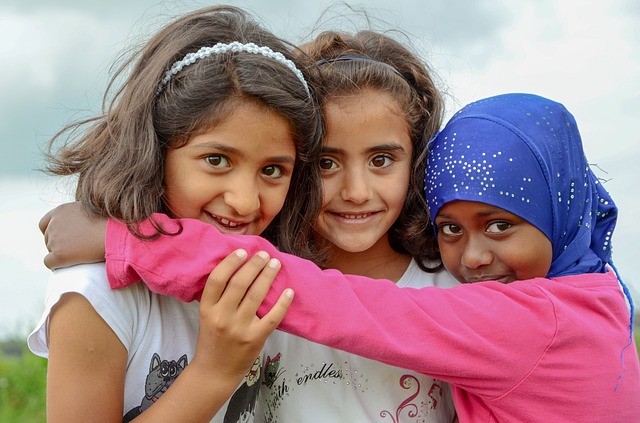by Dr. Berna G. Gökengin
Dr. Berna Gokengin Psychodrama Organizations
Focus Summary
The aim was to support the children through a process in which they created their stories, and to strengthen self-expression and adaptation skills.
Participants were 40 Syrian refugee children, age range 6-13, divided into three groups accordingly. Each group was led by two psychodramatists and one co-therapist. Psychodramatic techniques and plays were used during group process for two days. The following part of puppet making and staging was also supervised by the psychodramatists.
Group cohesion was easily built. Plays and puppets made communication easier, despite language problems. Almost all of the stories showed positive feelings such as happiness, hope, and love. The only two stories about the war were observed to change and the puppet plays had happy endings.
Key Insights
Puppets and plays were observed to be efficient tools for improving adaptation skills, communication and self-expression in children. Even though this project did not have an aim to directly deal with traumatic experiences, the use of psychodramatic techniques and puppets have helped the children reflect their beautiful inner world in an environment that they are valued, with the presence of trust and love.
Key take-outs from the ISHHR 2017 Conference (industry feedback, networking, peer presentations):
Future goals — what’s next?
Our team continues and will continue to work with disadvantaged children. Even short processes can help their adjustment to society and help them find a positive path in life.
How can local / national / international media better assist in bringing the vital issues discussed at ISHHR 2017 to light, and further encourage real, positive change and understanding?
In order to reach out for more children we need more funding

